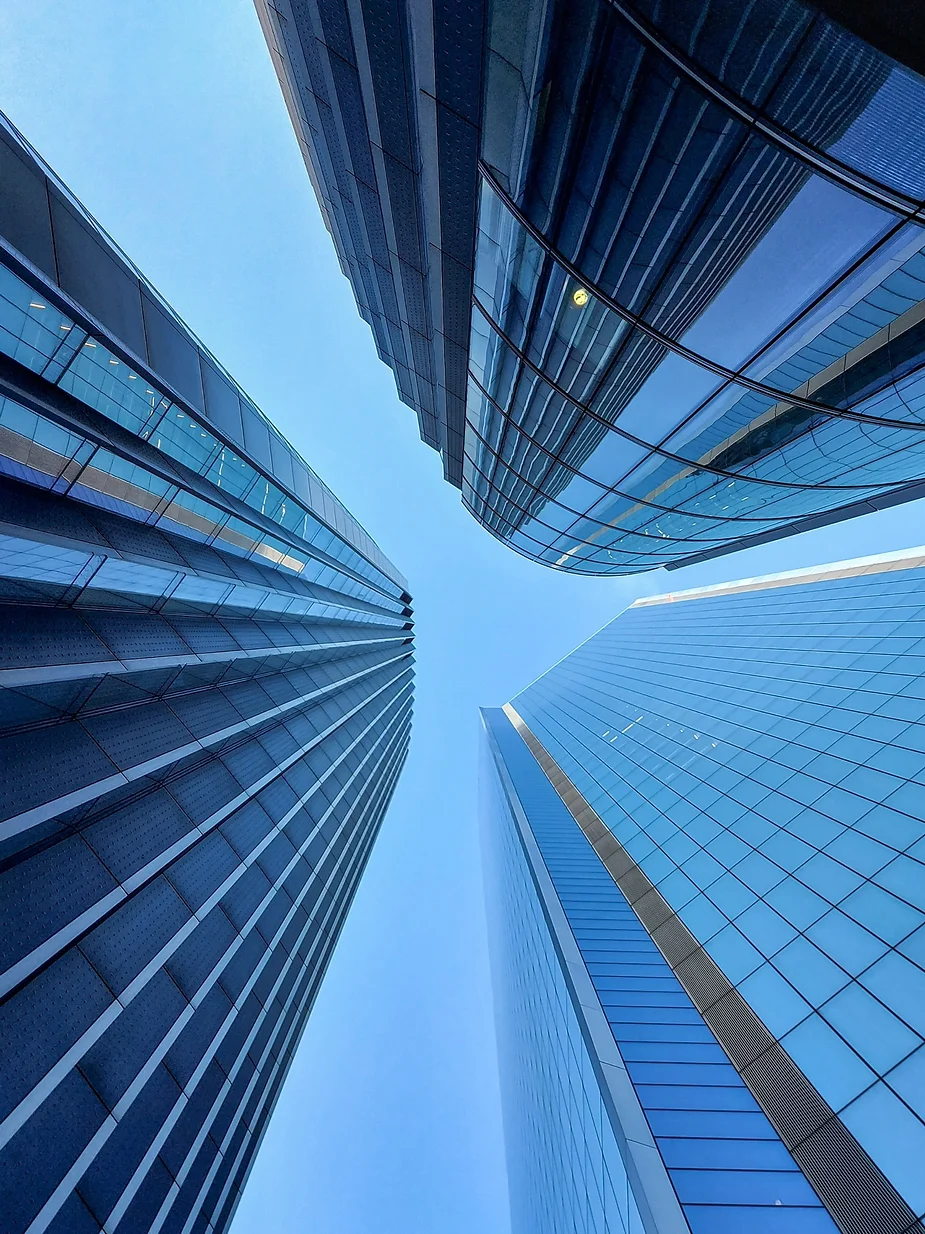With over twenty years’ experience in the cleaning and facilities management industry, we caught up with Fabien Caqueret, Managing Director of the Tudor Group, to talk about how the business has evolved and some of the emerging technologies within the sector.
Can you tell us how the Tudor Group began and how it has evolved?
Over thirty years ago, we started out as a very traditional window cleaning business – just a man, a van, and a ladder – on a window cleaning round.
Since those early days, we’ve grown into an all-encompassing specialist facilities management firm, offering window cleaning alongside commercial and industrial cleaning, and specialist FM services.
We’ve always been keen to embrace new technologies, and were one of the first window cleaning businesses in Manchester to use abseiling techniques, allowing us to safely access buildings and locations which couldn’t be cleaned using more traditional methods. This was complemented by using ‘reach and wash’ methods, typically using telescopic poles up to 80 feet in height, often with a water-fed pole.
We’ve always chosen to adopt best practice with regards to health and safety, and have continued to prioritise this as our services have expanded to accommodate window and façade cleaning services for a broader range of buildings, and our enviable safety record is something that sets us apart from the competition.
How has the industry changed in that time?
There is a low barrier to entry in the cleaning sector which tends to mean we have a wide variety of competitors which can bring about a ’race to the bottom’ on price, with little value attributed to the service quality or experience. Obviously, these types of poor performers tend to also lead to customer dissatisfaction which can unfairly impact people’s feelings about the whole industry.
Changing the perception of cleaning from a commodity to a service is an important way in which the market has evolved and has allowed us to add, and demonstrate, value.
Thankfully, this has changed recently as the pandemic increased the necessity for hygiene and cleanliness both for infection control but also for customer and employee confidence. Most organisations now have a greater appreciation and awareness of the strategic value that facilities management can play in reaching their broader business objectives. It has also shown the differences between those companies with the infrastructure to be both resilient in the face of major events but also how they can pivot quickly to meet an ever-changing land.

What does the future look like? Are any specific trends beginning to emerge?
Buildings are certainly getting taller! In Manchester specifically, which now has the second-highest high-rise construction rate in Europe outside London – the number of new high-rise developments in 2019 increased by 31% year on year.
Maintaining the exterior cleanliness of these tall buildings can pose challenges in terms of safety, time, and effectiveness. We’re seeing new technologies being used in other countries which use cameras and artificial intelligence to identify when cleaning is required and then send the work order. Although not yet widely used, over time these types of techniques are likely to become more commercially viable.
In addition, we’re seeing some more immediate trends and technologies emerging that could work alongside more traditional methods. For example:
-
Cleaning drones
From prototypes developed in around 2015, we’re already seeing commercial cleaning drones in the market. They are water fed from a very long hose that remains connected to the ground. The drones can then fly up to the façade of tall buildings then wash and squeegee windows at impressive heights
-
Robotics
Still early in their development, there is the potential for automated window cleaning involving robotic machines. The robots would be programmed to recognise, or to use artificial intelligence to learn, the correct direction, force, and nuance of a building’s facade.
Similar advances were made with floor cleaning machines twenty years ago. Back then they were very expensive, and a highly qualified engineer was needed to programme the machine, but today they are more affordable, a lot smaller, and cost effective to hire. It’s obviously something that’s more straightforward for horizontal rather than vertical cleaning, but considering the current labour market challenges, any task that that can be automated is likely to accelerate progress.
Although technology can provide some benefits, we believe that much still rests on the people using it. By providing our workers with the right training, safety culture, and equipment, we maximise the benefits for all.
ESG (Environmental, Social, Governance)
We recognise that considering these factors and taking real strategic action as a result is critical to the future success of all businesses, something which is being reflected in questions from our customers, who need to better understand how their supply chain is supporting broader business goals.
How have clients benefited as a result of your expertise?
Our expertise has been put to use in some interesting and unusual ways! For example, our team were able to assist the Manchester Museum in lowering and then cleaning a very large hanging metal sculpture – not your everyday task!
Individual projects aside, it is ultimately our ability to continually provide a safe and professional cleaning service to our customers gives them peace of mind as we overcome the emerging risks and issues for them.
Fabien joined the Tudor Group in July 2019, following a 20-year career with some of the largest corporate organisations in the cleaning and facilities management industry – find out more about his expertise and connect with him on LinkedIn.
The Tudor Group is a successful commercial and industrial cleaning and support services company servicing clients across the UK from offices in the heart of Manchester and Cardiff. Clients include national hotel chains, restaurants, educational facilities, and block management companies, and we hold public sector contracts for council buildings and transport providers. To find out more about the Tudor Group call 0161 789 3550 or email sales@tudorcc.com.

